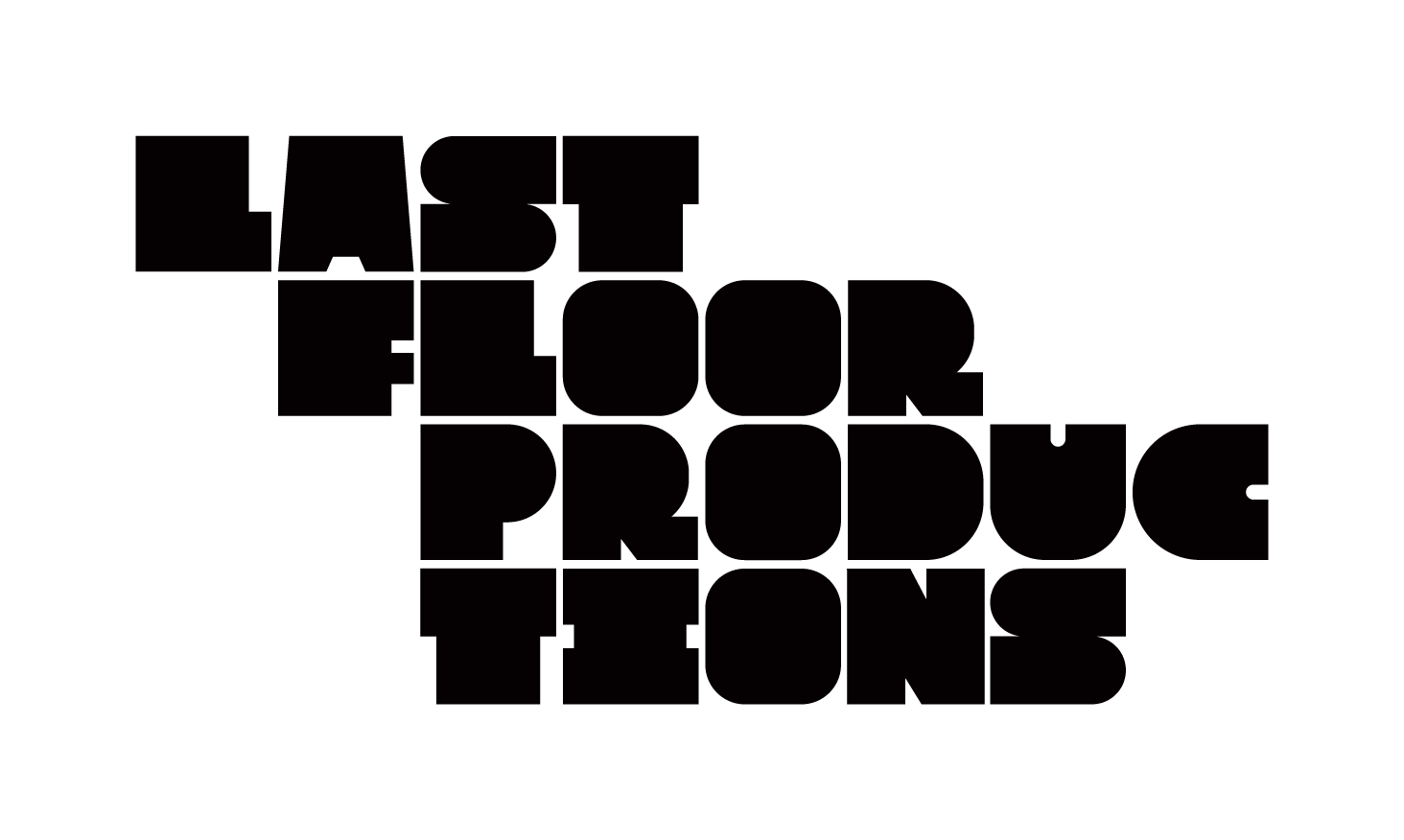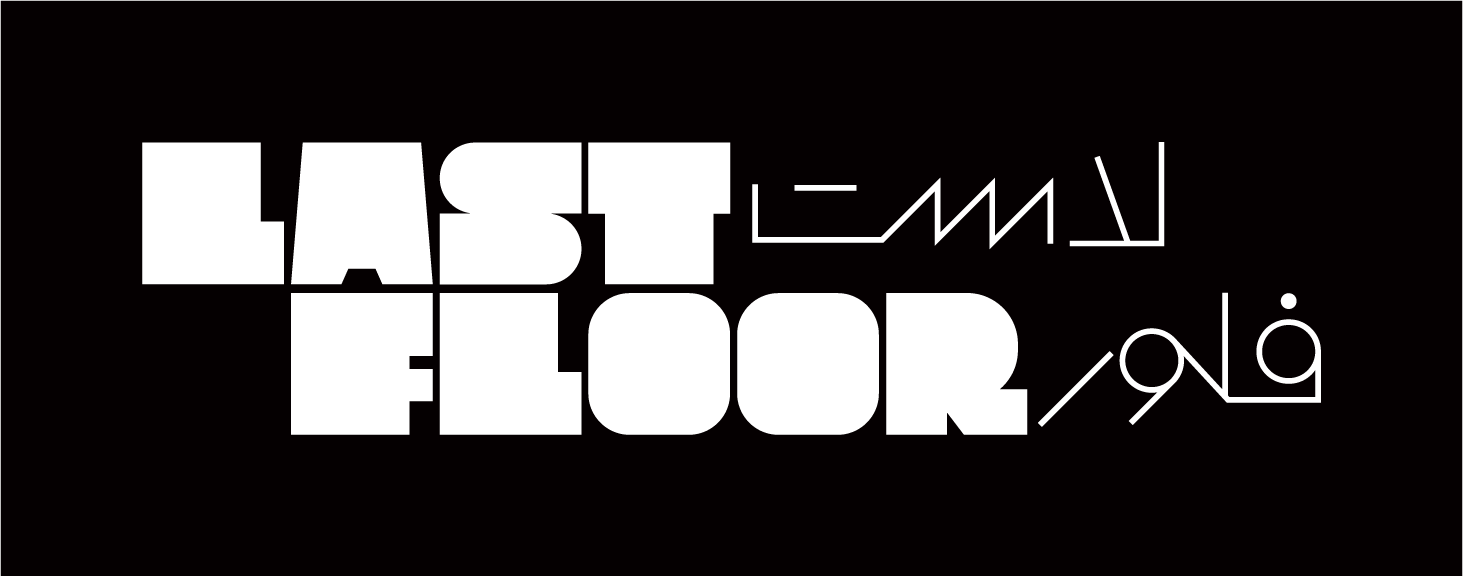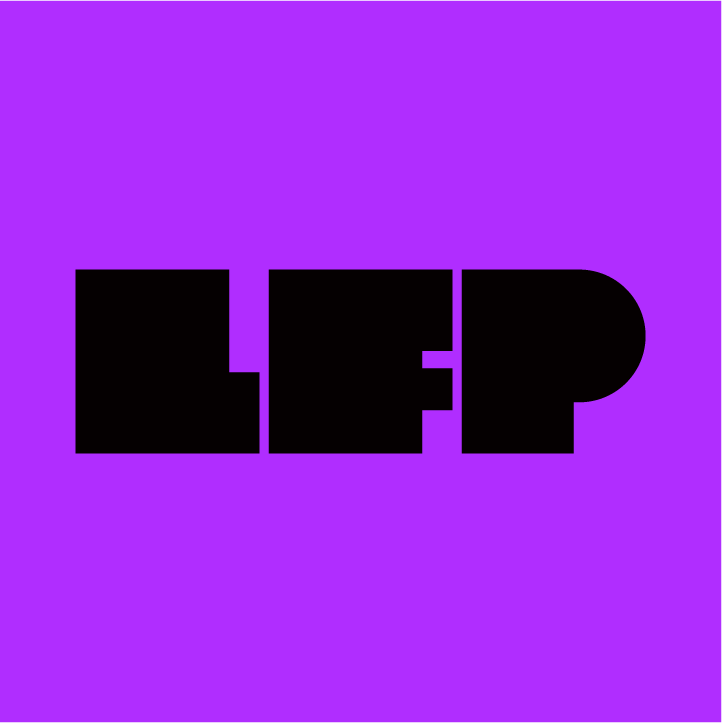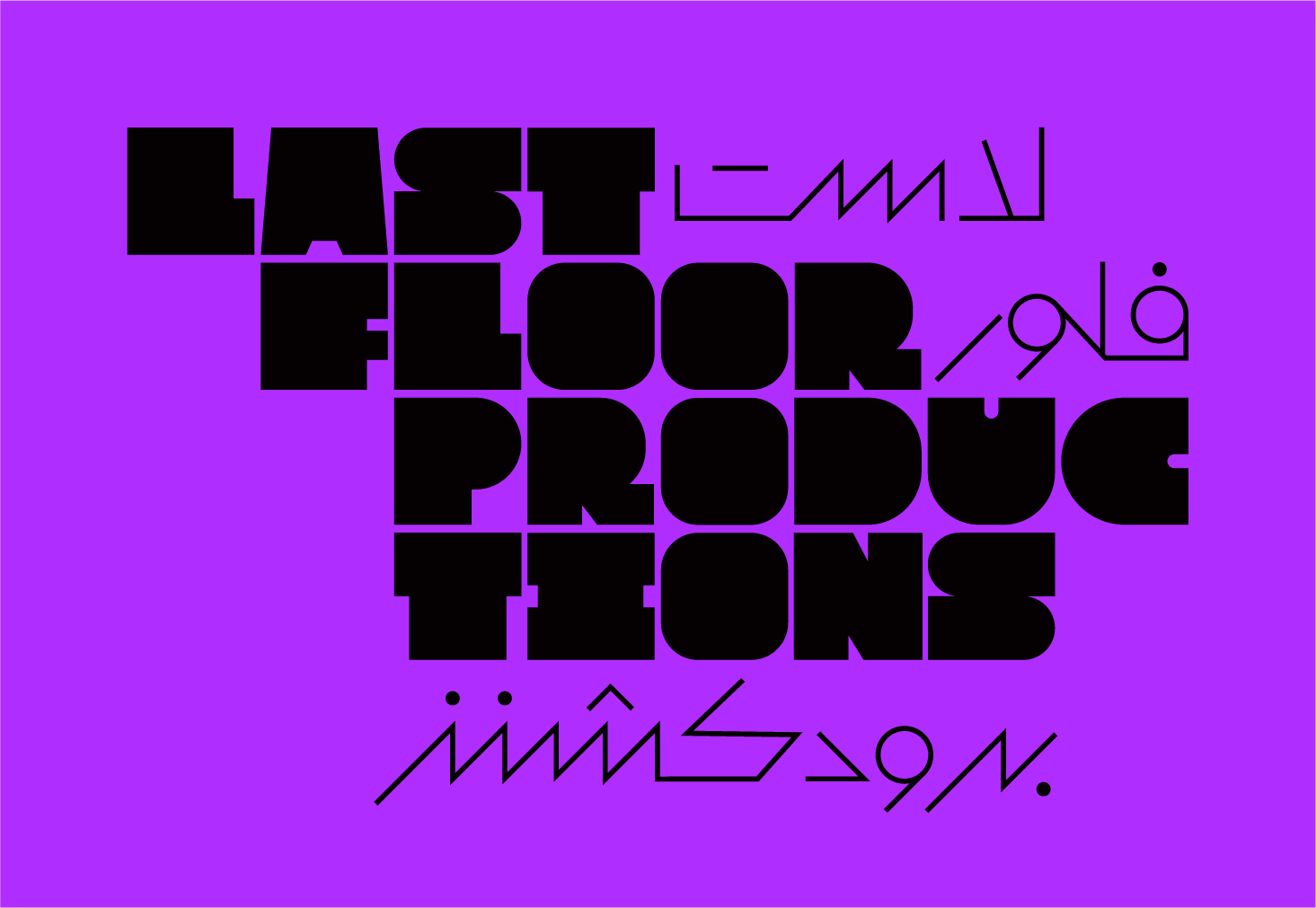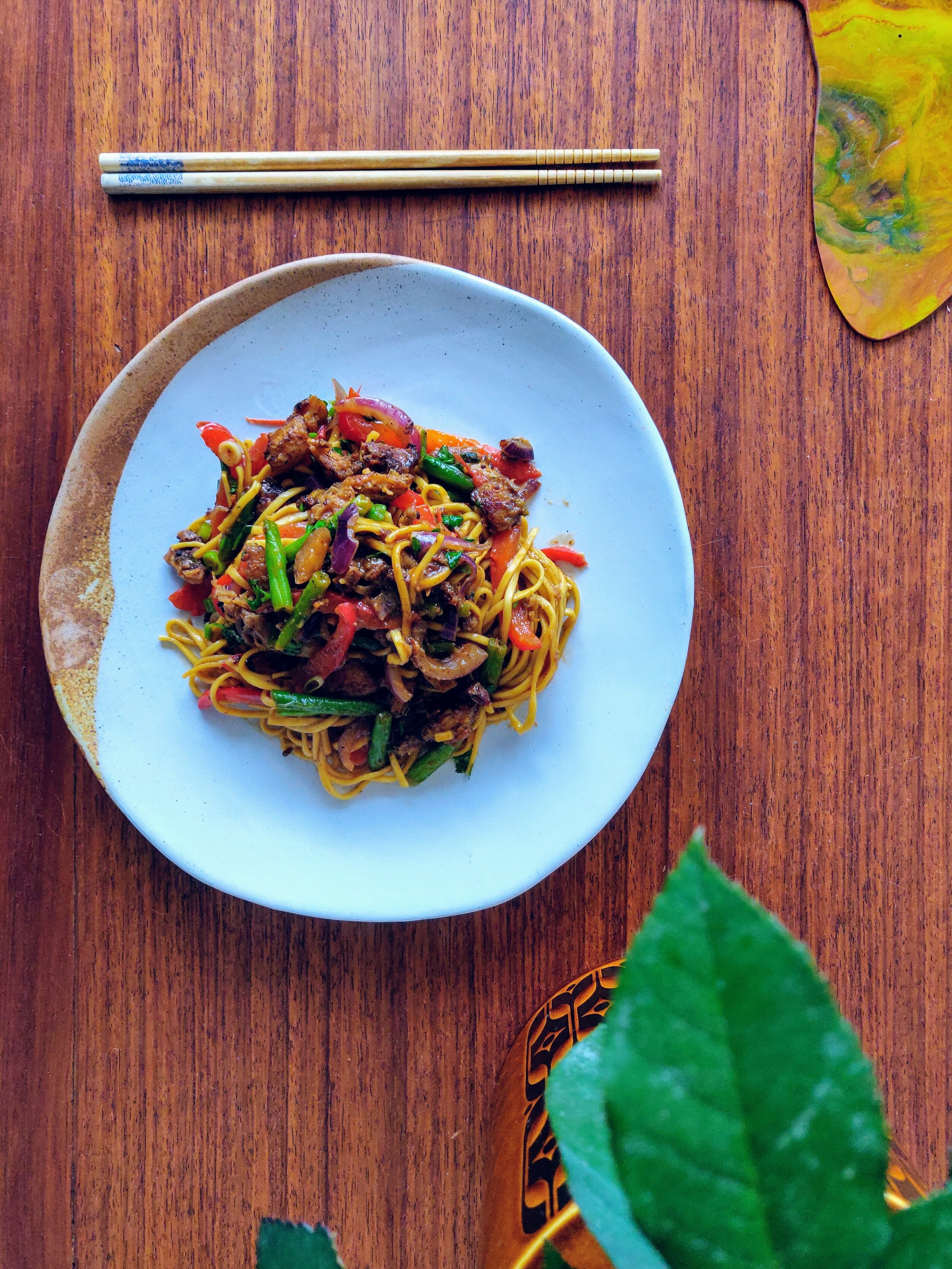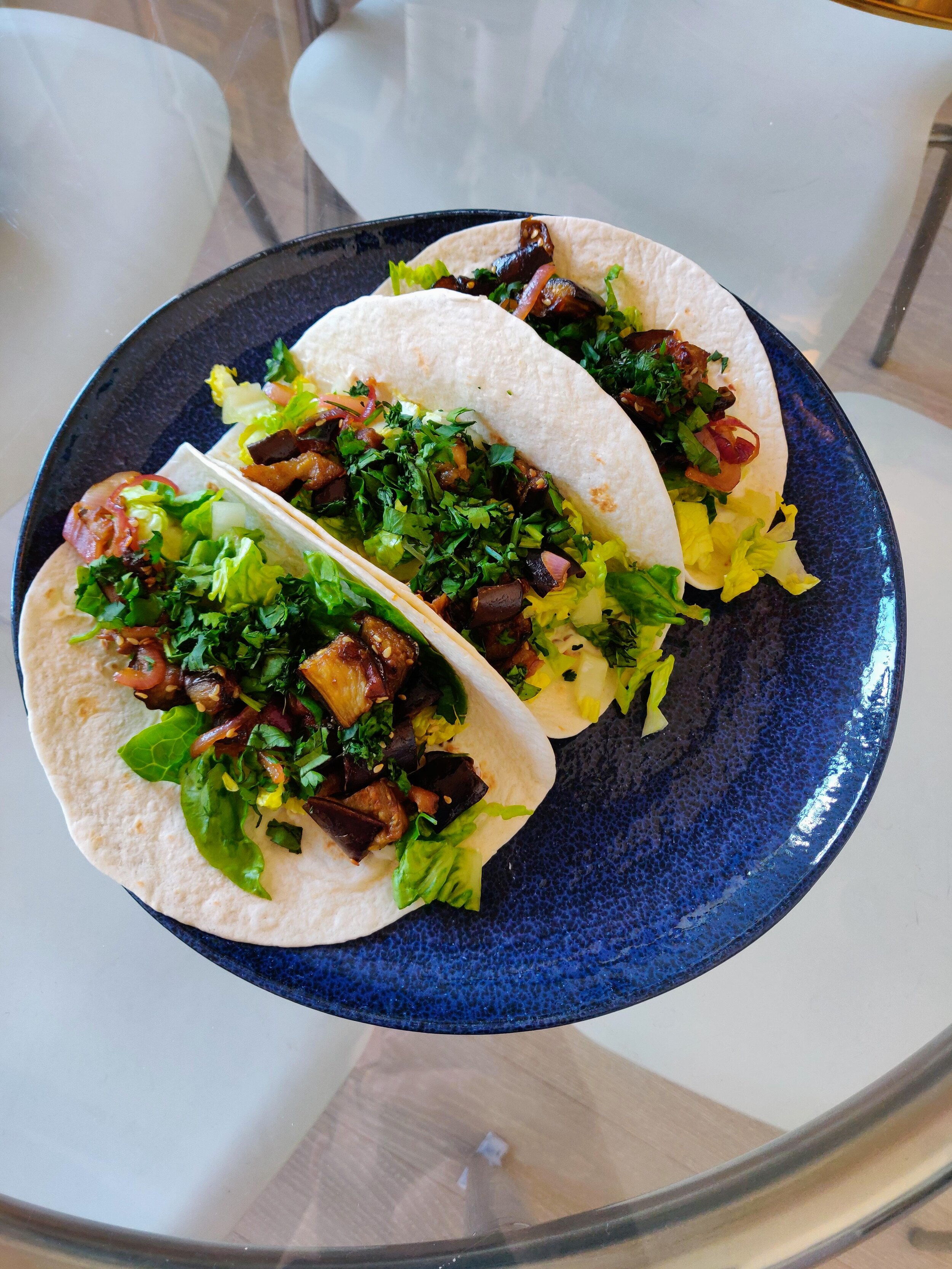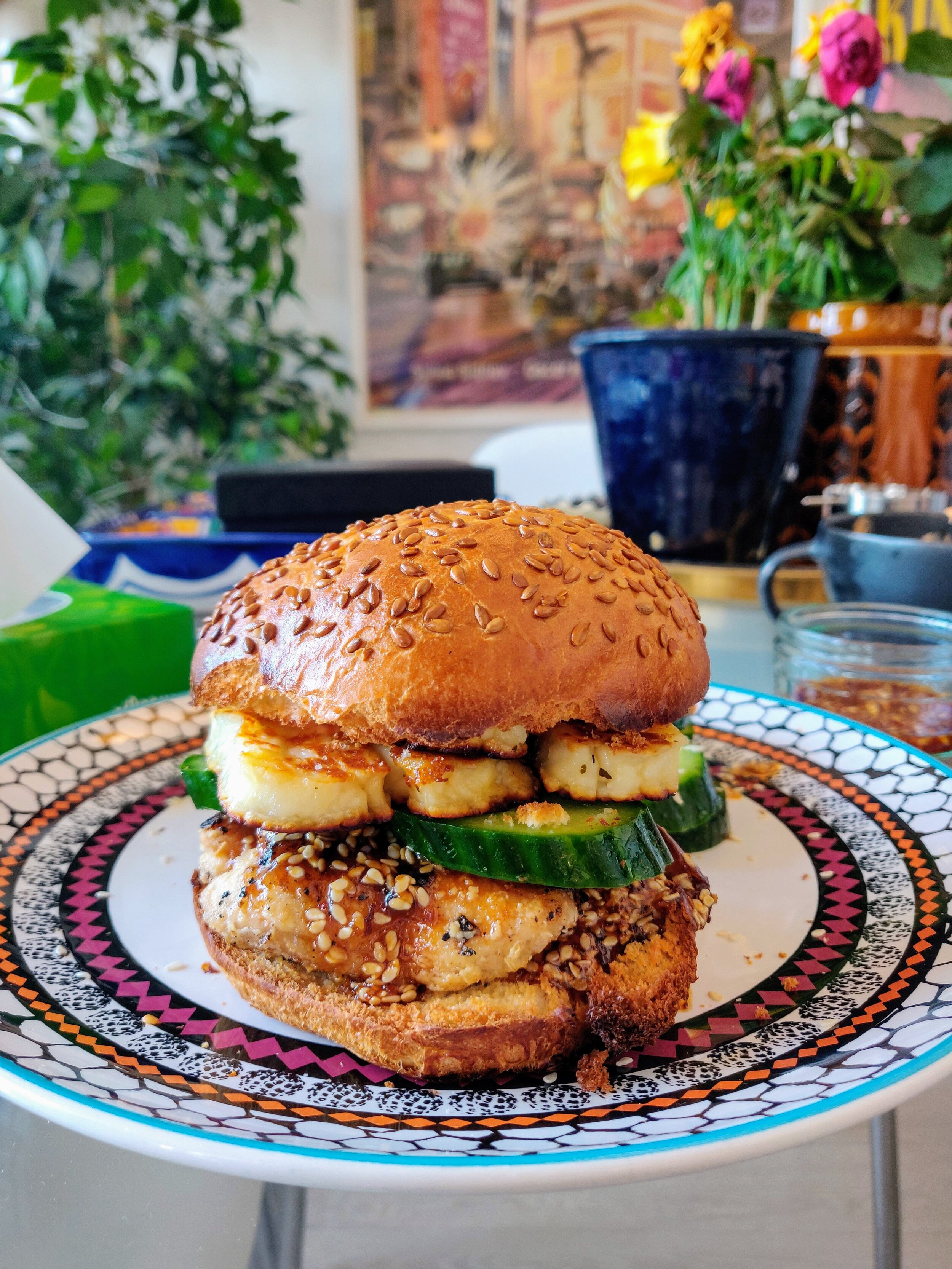Since I was a child, I loved everything about American culture. Mawkish romantic comedies about elegant East Coast intellectual-types. Monumental music productions and hair metal bands. Sitcoms about big families living in even bigger homes. All forms of arcane Americana. Diners. Drive-thru movie theatres. Roadside motels. Lone travelers. Misfits heading out West. Something like an Eggleston photo or a Hopper painting. Etc. Like many, I have been obsessed with America’s cultural contribution (domination?). I thought it was the most advanced place on Earth. But I had never been there.
In 2005 I saw Hurricane Katrina on TV. And I realized this mythologized place was a lie. This wasn't an advanced country. Who would leave people to drown? Or sitting on their roofs waiting for help?
Of course I witnessed American occupation and brutality in the Middle East. But as an Arab, you come to expect very little of foreign powers in your region anyway. Wherever they come from. What was shocking was to see they treated their own people the same way.
Then I went to the US for the first time in 2008, I think. I saw two homeless men fighting in wheelchairs by a bonfire outside a nightclub in Miami. No one thought it was weird or heartbreaking. No country rewards its rich better or punishes its poor more fully that the United States.
The next day I was lost walking around town. I saw a police officer, and for the first time outside an authoritarian country, I decided initiating an unnecessary conversation with someone in uniform posed more problems than it solved. It held the potential for humiliation or worse. I realized the cop cars and uniforms that looked cool in films, looked terrifying in reality. They weren’t meant to comfort, they were designed to intimidate.
I had been to North America a lot in my teens. Just north of the border in Canada. And those months spent in Ottawa gave me the illusion of knowing America. Staying at my uncle’s place, we were close enough to the tristate area to catch it’s local television affiliates. The landscape contained what my imagination of America did - Ford F150s, the NHL, massive amounts of food, Dr Peppers, backyards. I was too young to realize that what felt familiar in Ottawa wasn’t its North Americanness, but its almost Nordic sense of justice, security and simplicity.
I still love America. I have been many more times since that first trip in 2008. But it's a more realistic version of that place. Filled with an understanding of what it was built on, who remains excluded from its story, and who will die because not enough people care.
This past week, watching its response to the global sickness that has challenged us all, I have been genuinely worried about my friends there. About their ability to get the care they need if something happens to them.
During my own anxiety-ridden confinment in London, I watched the documentary everyone watched. But in Tiger King’s cast of larger-than-life Harmony Korine characters I saw a portrait of a deeply broken country. I guess it has always been a place on the precipice of madness. You just have to look back at decades old Louis Theroux documentaries about its survivalist, UFO-seeing, cult worshipping fringes - which became its social media-fulled center. Or read this piece (How America Lost Its Mind) from 2017. Or listen to This Is America.
The myth of America started losing its luster a long time ago for those of us on the outside. Those without a stake in the realization of that myth. But the reality of America has been dangerous to half its population for a long time, and will be dangerous to many more now.
America is also a place of Second Acts. A place where everyone gets a chance to reimagine themselves, to emerge from a personal catastrophe, shed your skin and start anew. I wonder what Second Act awaits the country when it emerges from the chaos it is in now.
Image - Eggleston Artistic Trust. - William Eggleston: Untitled from The Democratic Forest, 1983-1986

